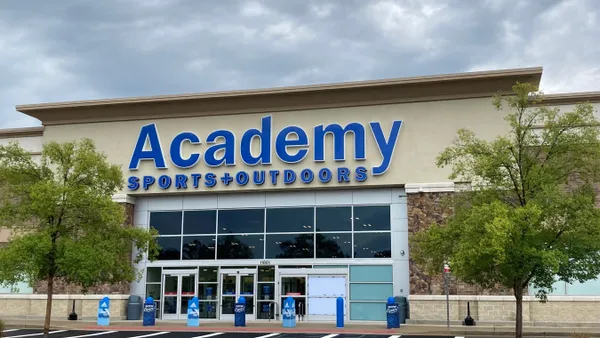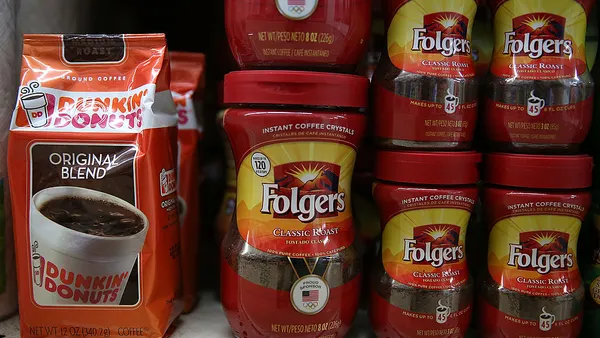Juice maker Ocean Spray, luxury retailer Neiman Marcus, packaging and paper company DS Smith, and material handling trade association MHI are the latest members of a consortium created to help companies’ suppliers track, reduce and report their climate emissions.
Guidehouse, a consultancy that launched the Supplier Leadership on Climate Transition collaborative, announced the most recent additions earlier this week.
Partners in the climate collaborative sponsor participation of their suppliers, who get access to workshops on tracking their greenhouse gas footprint, setting science based targets, adopting abatement measures and disclosing their progress.
Guidehouse subject matter experts also provide mentoring to suppliers and help them develop steps toward building internal capacity around emissions reductions, Guidehouse said in a press release.
The program is meant to be “a scalable, cost-effective solution to the challenge of addressing supply chain or ‘Scope 3’ emissions” for the brands and other large companies who join, according to Guidehouse.
Others who have joined the group include founding members PepsiCo and McCormick & Co., as well as Coca-Cola, General Mills, Clorox, Estée Lauder and Nestlé North America, among others.
By November of last year, 60% of suppliers in the program had mapped out their Scope 1 and 2 footprints and 55% developed their scope 3 footprints, Guidehouse said previously.
For industries with large supply chains, scope 3 emissions often represent the largest share of their climate footprint. In retail, for example, Scope 3 emissions account for over 90%, and sometimes up to 98%, of companies’ greenhouse gas emissions, according to the National Retail Federation.
And just measuring those footprints can prove difficult, given the complexity of supply chains and the number of firms involved in just one company’s production and distribution of goods.
A 2023 Deloitte study found that just 3% of consumer companies said in a survey that they can produce sustainability data as accurate and verifiable as their financial data, mainly because of their need to account for third-party suppliers in Scope 3 emissions.
In another study by Efficio Consulting, just 33% of business leaders said they were “very confident” in their ability to hit their goals on cutting greenhouse gas emissions.















